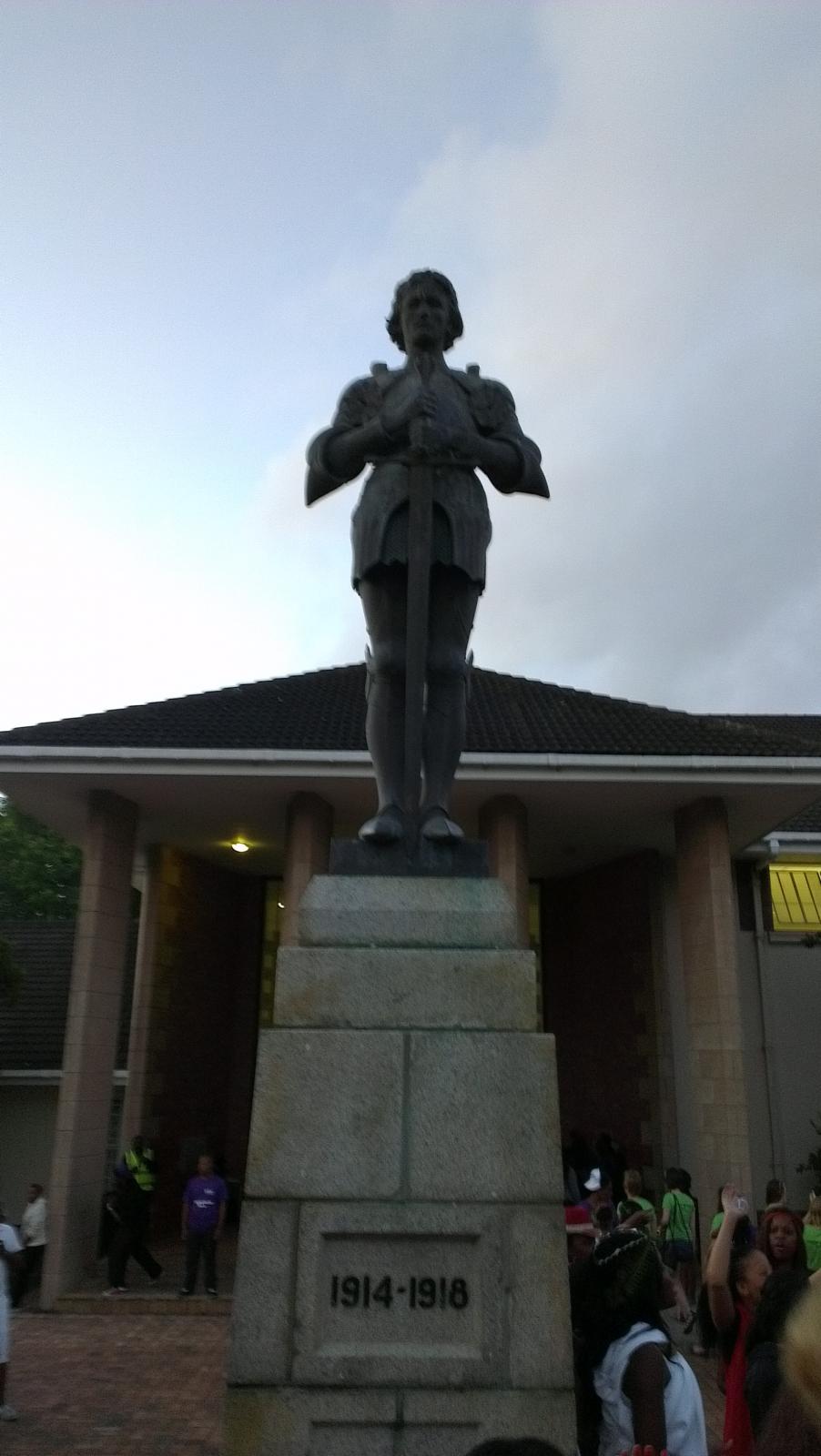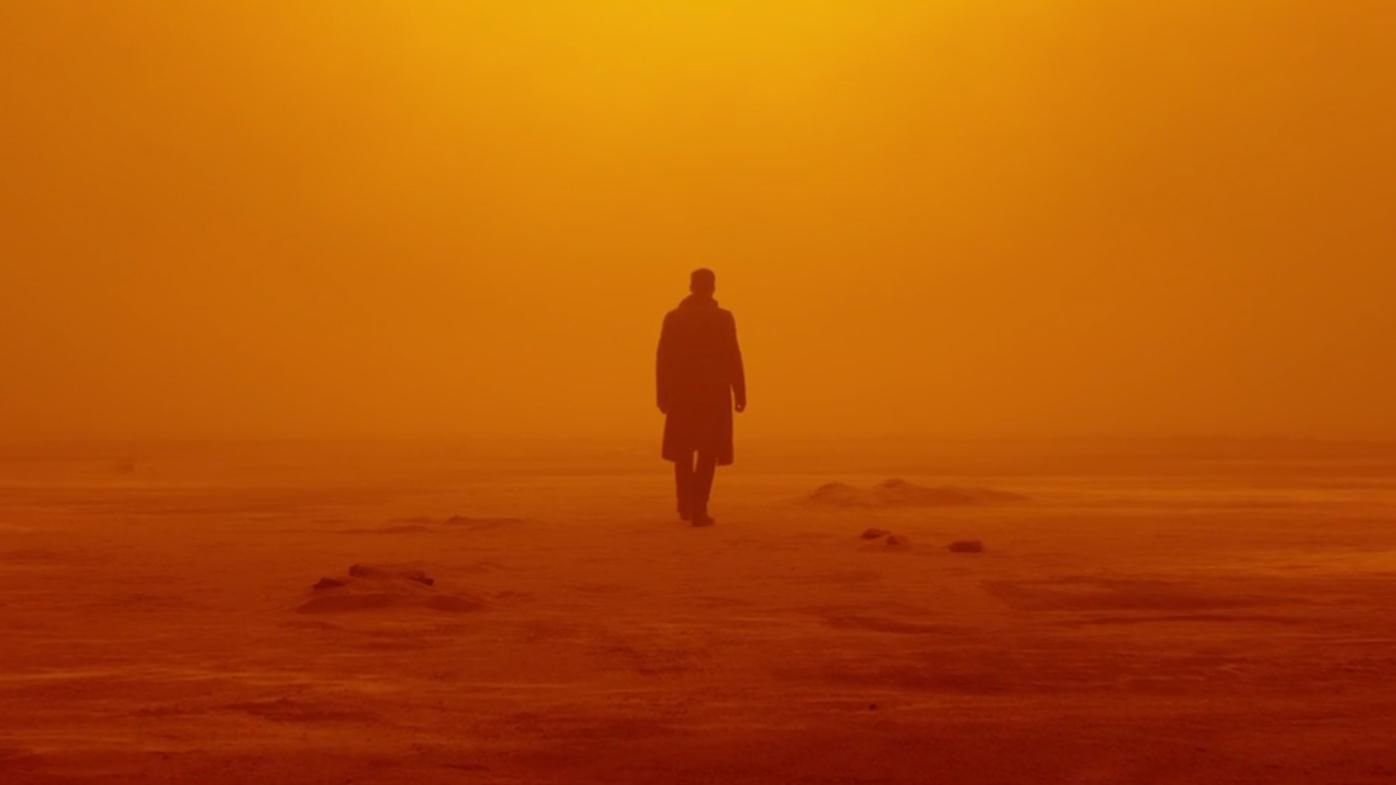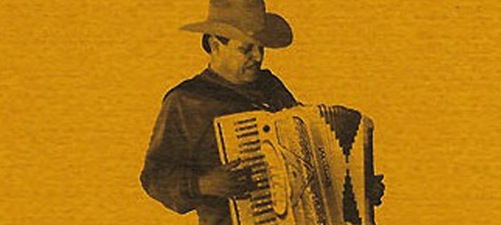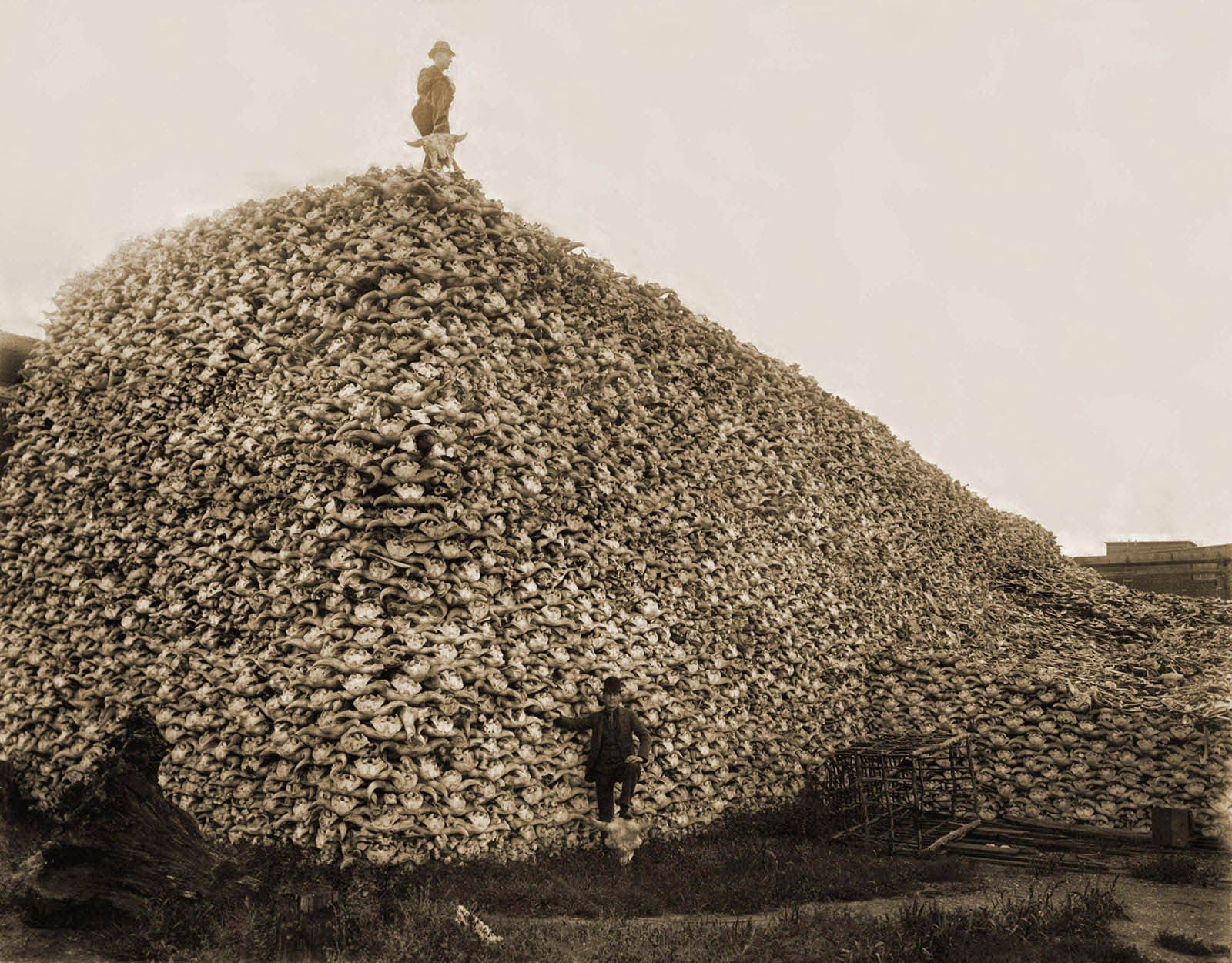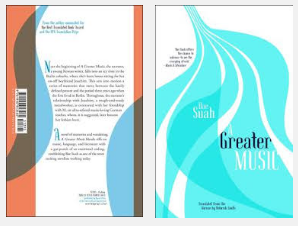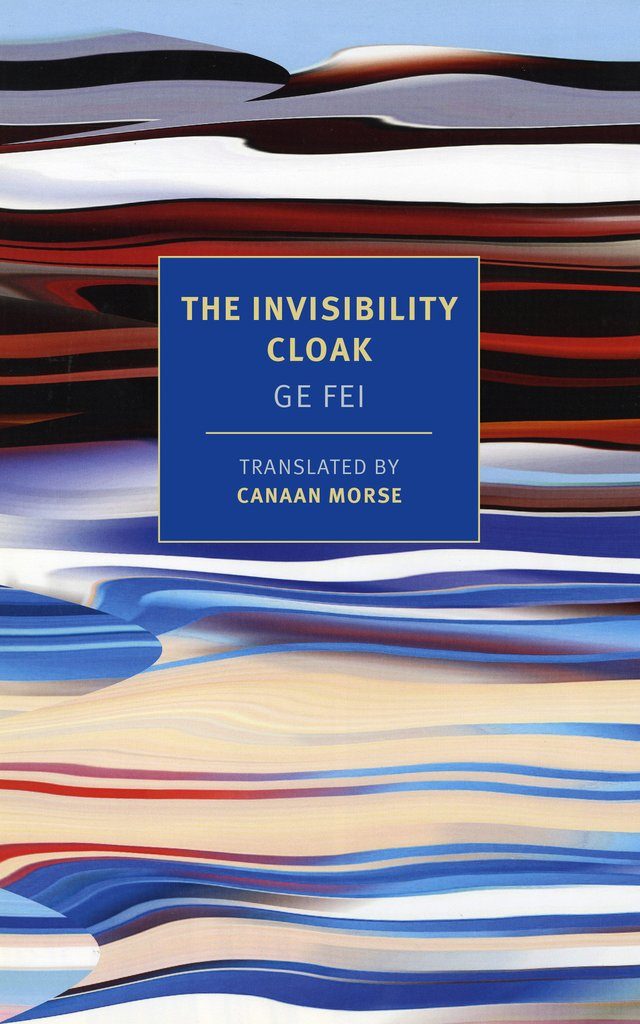The Judge From Central Casting
Repeat a word enough and it starts to sound so weird that sense dissolves into questions about language itself. Take the word “life”: Why are…

Repeat a word enough and it starts to sound so weird that sense dissolves into questions about language itself. Take the word “life”: Why are we asking and answering what kind of life Brett Kavanaugh has lived? It makes sense that friends, acquaintances, colleagues, and victims would all rise up, now, and demand to be heard, and that we would hear them: as a lifetime member of the Supreme Court, this man’s judgments will yield to no higher law than those of his colleagues, for as long as life remains in his body. Life is the key thing here, both as the thing his “lifetime” appointment is attached to and the story one can tell about what that thing is and what makes him worthy of this honor. When his defenders protest that his life is being “ruined”—when Kellyanne Conway… Read More...

